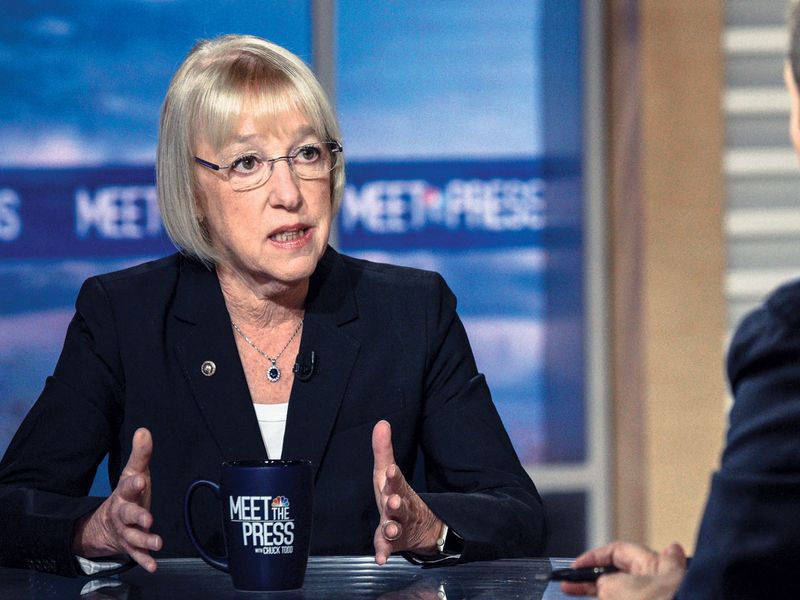The proxy rule was proposed Aug. 31 and had a 30-day comment period that drew thousands of responses. The final rule is more principles-based than the proposal and includes several changes, including the removal of a requirement for ERISA-governed fiduciaries to cast proxy votes any time a matter up for a vote has an economic impact on their plans.
Based on the comments, the Labor Department said it was persuaded that the complexity involved in a determination of economic vs. non-economic impact would be costly to implement. Moreover, it believes the core structure of the proposal that focused on “whether a fiduciary has a prudent process for proxy voting and other exercises of shareholder rights is a more workable framework for achieving the objectives of the proposal,” it stated in the final rule.
“The plan fiduciary must never subordinate the interests of participants and beneficiaries in their retirement income to unrelated objectives, including promoting non-pecuniary goals or benefits,” said Jeanne Klinefelter Wilson, acting assistant secretary of labor for the Employee Benefits Security Administration, on a call with reporters Dec. 11.
In order to satisfy their responsibilities when deciding whether to vote proxies, the rule allows fiduciaries to adopt at least one of two policies, which the Labor Department refers to as safe harbors. One notes that ERISA plans’ voting resources will focus only on proposals related to the corporation’s business activities or on proposals that are expected to have a material effect on the value of the plan’s investment. The other safe harbor is a policy of refraining from voting on proposals when the size of the plan’s holdings in the stock subject to the vote are below quantitative thresholds that the fiduciary prudently determines.
Thomas Quaadman, Washington-based executive vice president of the U.S. Chamber of Commerce’s Center for Capital Markets Competitiveness, said in a statement that the rule, along with actions from the Securities and Exchange Commission, “will ultimately help ensure proxy voting follows a transparent and unconflicted process.” In July, SEC commissioners approved sweeping changes to the rules governing proxy advisory firms, including a requirement for those firms to disclose conflicts of interests to clients and allow companies that are the subject of voting advice to be able to access that advice before or at the same time as the advice is disseminated to clients.
On the other side of the proxy rule argument, Ms. Slavkin Corzo said the rule is “completely out of touch and actually impairs ERISA fiduciaries from making decisions that are in the best interest of plan participants by undermining their comfort with ESG integration.”


